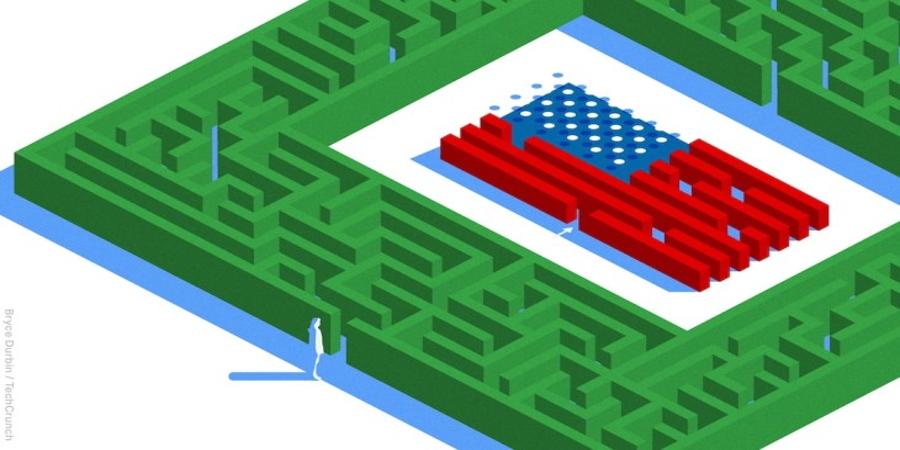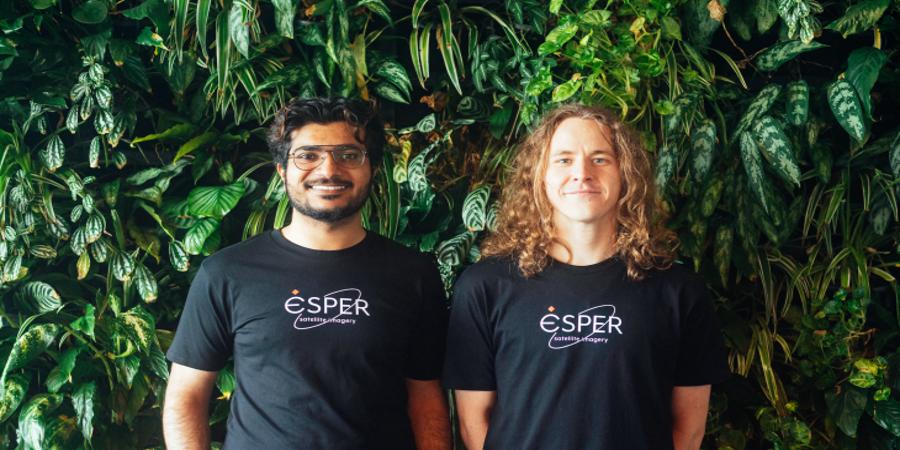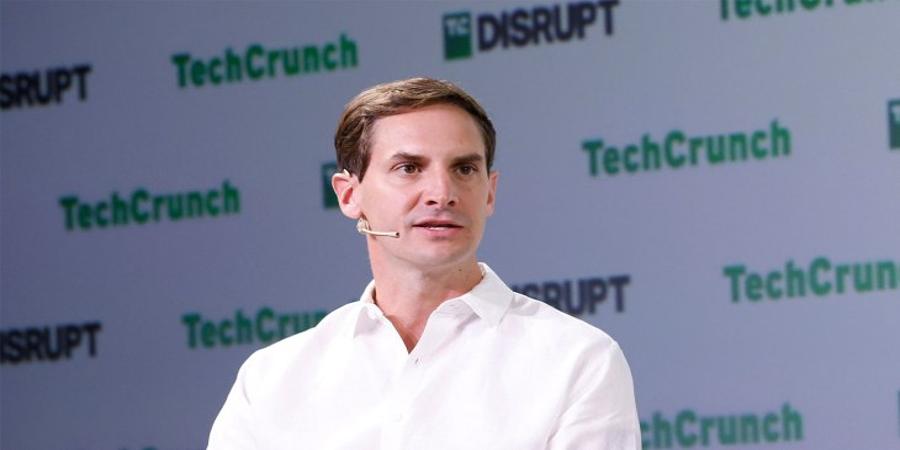Sophie Alcorn, attorney, author and founder of Alcorn Immigration Law in Silicon Valley, California, is an award-winning Certified Specialist Attorney in Immigration and Nationality Law by the State Bar Board of Legal Specialization. Sophie is passionate about transcending borders, expanding opportunity, and connecting the world by practicing compassionate, visionary, and expert immigration law. Connect with Sophie on LinkedIn and Twitter.
TechCrunch+ members receive access to weekly “Ask Sophie” columns; use promo code ALCORN to purchase a one- or two-year subscription for 50% off.
Dear Sophie,
Our startup is looking ahead to next year’s H-1B lottery to fill open positions. We have three people we want to register for the lottery: Two of them are currently working for us as contractors abroad, and one is currently an F-1 student working for us on STEM OPT, whose work authorization will expire in June. When will the H-1B lottery registration and application fees increase? If selected in the H-1B lottery, how long does it typically take for an H-1B candidate abroad to get approval and come to the U.S. to live and work? Any changes we should keep in mind for the next H-1B lottery? Thanks!
— Hopeful for H-1Bs
Dear Hopeful,
I appreciate you reaching out to me with your questions — and applaud you for thinking ahead to sponsor international talent!
The U.S. tech industry is facing an unprecedented talent shortage. There are 9.6 million job openings in the U.S., but only 6 million people in the U.S. are unemployed and looking for work, according to Linda Moore, the CEO of TechNet, the national, bipartisan network of tech CEOs and senior executives. We chatted about this significant skills gap and job opening crisis facing the U.S. tech sector and how crucial immigration reform is to addressing the crisis.
“There’s a dire need for high-skilled immigration,” she said. “The biggest concern among employers is being able to find the right people with the right skills. Policymakers are starting to understand how much the skills gap is affecting our economic outlook and it’s only going to get worse. Our immigration system doesn’t allow us to attract the talent we need. Companies are forced to employ those people overseas. Those jobs and the tax revenue that goes with hiring people and having employees working in the U.S. are going to other countries.”
Let me dive into your questions to help you navigate the H-1B specialty occupation visa application process for attracting and retaining international talent.
The registration and filing fee increases that the U.S. Department of Homeland Security (DHS) proposed earlier this year have yet to go into effect. The public comment period for the proposed rule ended in March. It’s unclear when DHS, which oversees U.S. Citizenship and Immigration Services (USCIS), will publish and implement the increased fees. Many anticipate the fee increases will go into effect sometime next year, making the cost of sponsoring international talent for work visas and green cards more expensive in the coming years.
According to this year’s proposed rule, the H-1B registration fee would increase to $215 from $10, and the H-1B petition fee would increase from $460 to $780.
Source @TechCrunch



